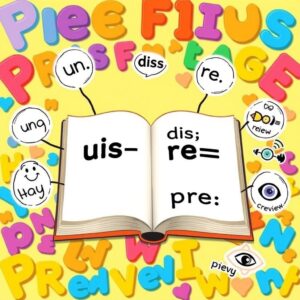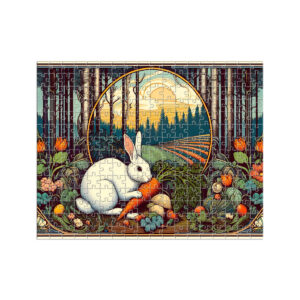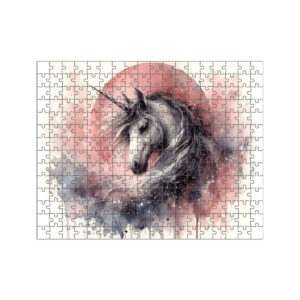
Explore & Play
Discover interesting topics and solve the accompanying crossword puzzle.
Damage Crossword: Unlock Tips and Synonyms for Clues
Table of Contents
Damage Crossword
You can either fill in the crossword puzzle directly on this page or click the button in the bottom right corner to print it for free.
——————————————
Unlocking the World of Damage Crossword Clues: Tips, Synonyms, and Stories
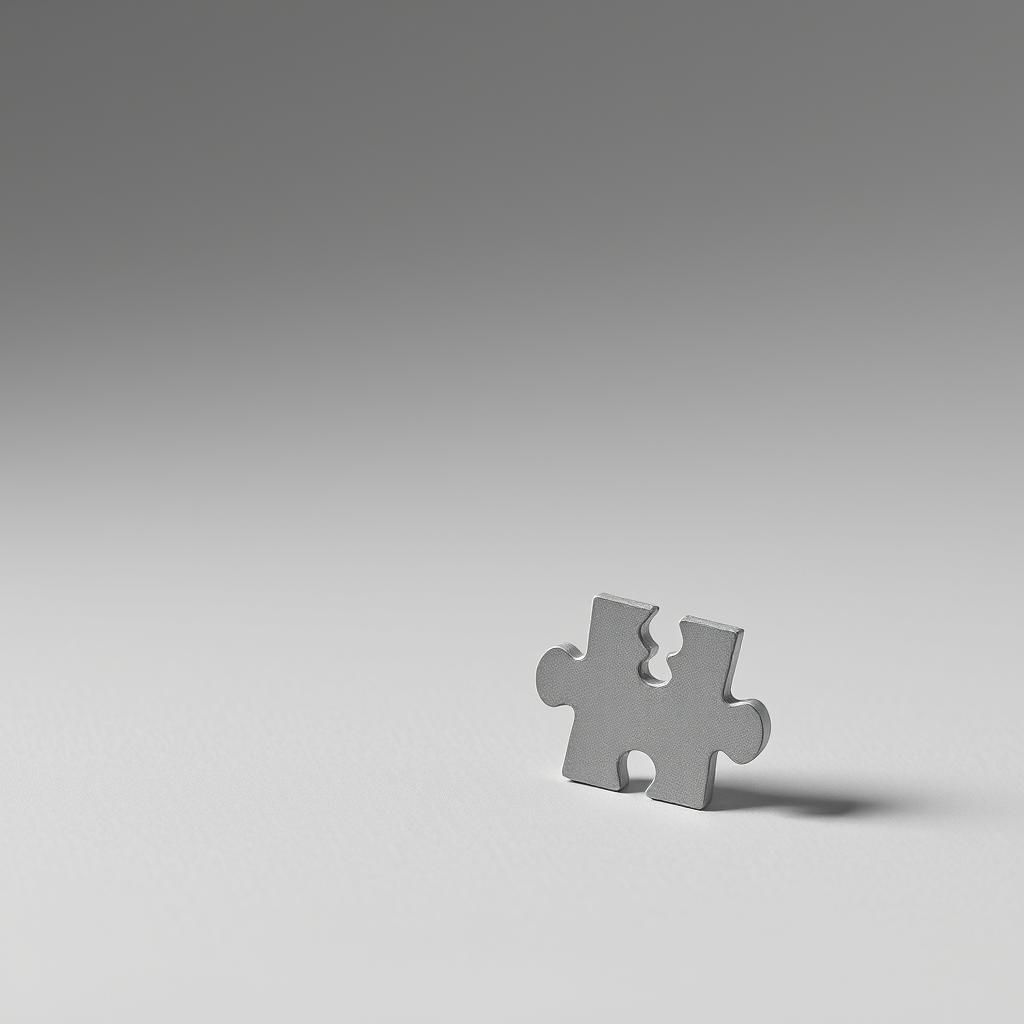
Introduction
Have you ever paused over a crossword clue like “harm,” “crack,” or “spoil” and felt that quiet tug of curiosity? There’s something captivating about damage-related words—they carry weight, a hint of drama that invites the solver to delve a little deeper. These clues don’t just ask for letters; they whisper stories of wear, breakage, and change.
Why do these words linger in our minds? Perhaps it’s because they mirror life’s imperfections, the small cracks and bruises that shape experience. When puzzles weave in words like “tear” or “crush,” they create moments of connection—between the solver, the language, and those universal notions of loss and repair.
Exploring damage vocabulary isn’t just a game. It expands the layers of meaning in puzzles, gently nudging your mind to recall synonyms and subtle differences. It’s like tracing the ripples after a pebble drops—a quiet challenge that sharpens your mental flow without demanding too much.
So, as you turn the page and meet these clues, consider letting your mind wander to the edges where language and life intersect. There’s a calm power in simply noticing, reflecting, and unlocking those hidden corners of meaning—one modest word at a time.
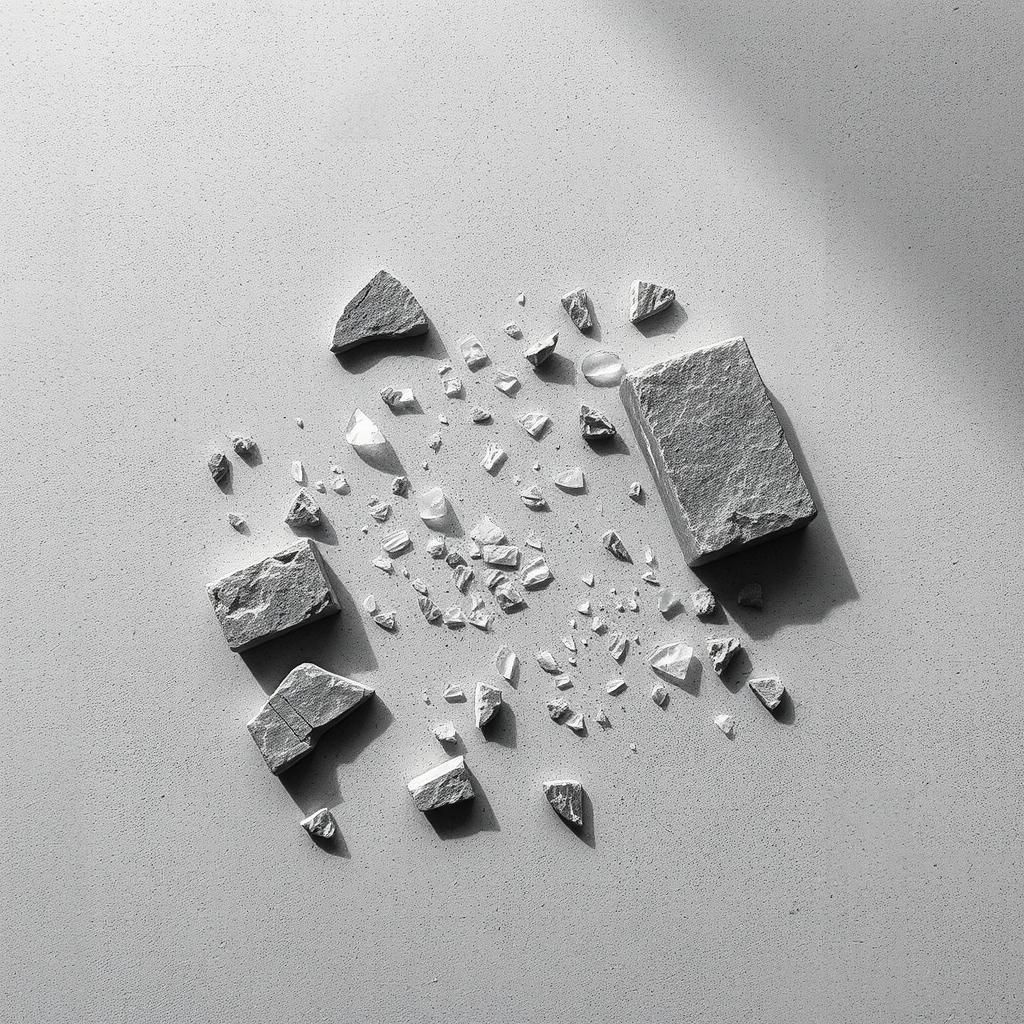
Fun Facts about Damage-Related Crossword Clues
Have you ever noticed how words like “tear,” “crush,” or “smash” seem to jump off the page in a crossword? These dramatic terms don’t just add flair—they draw us in with their vivid imagery. They invite solvers to step into the world of fragments and force, where one letter can shift the meaning from gentle wear to outright wreckage.
But there’s more beneath the surface. Synonyms like “shatter,” “fragment,” and “wreck” help puzzle makers paint richer pictures. They turn a simple clue into a mini-story of breakage or decay, offering both a challenge and a kind of wordplay that keeps us circling back for more.
In fact, recent crosswords, especially around 2025, have embraced damage-themed clues with fresh energy. Words like “spoil,” “tear,” and “crush” have become familiar faces, weaving themes of destruction and erosion into puzzles. It’s almost as if the puzzles quietly remind us: sometimes, a little damage reveals a lot about language—and about ourselves.
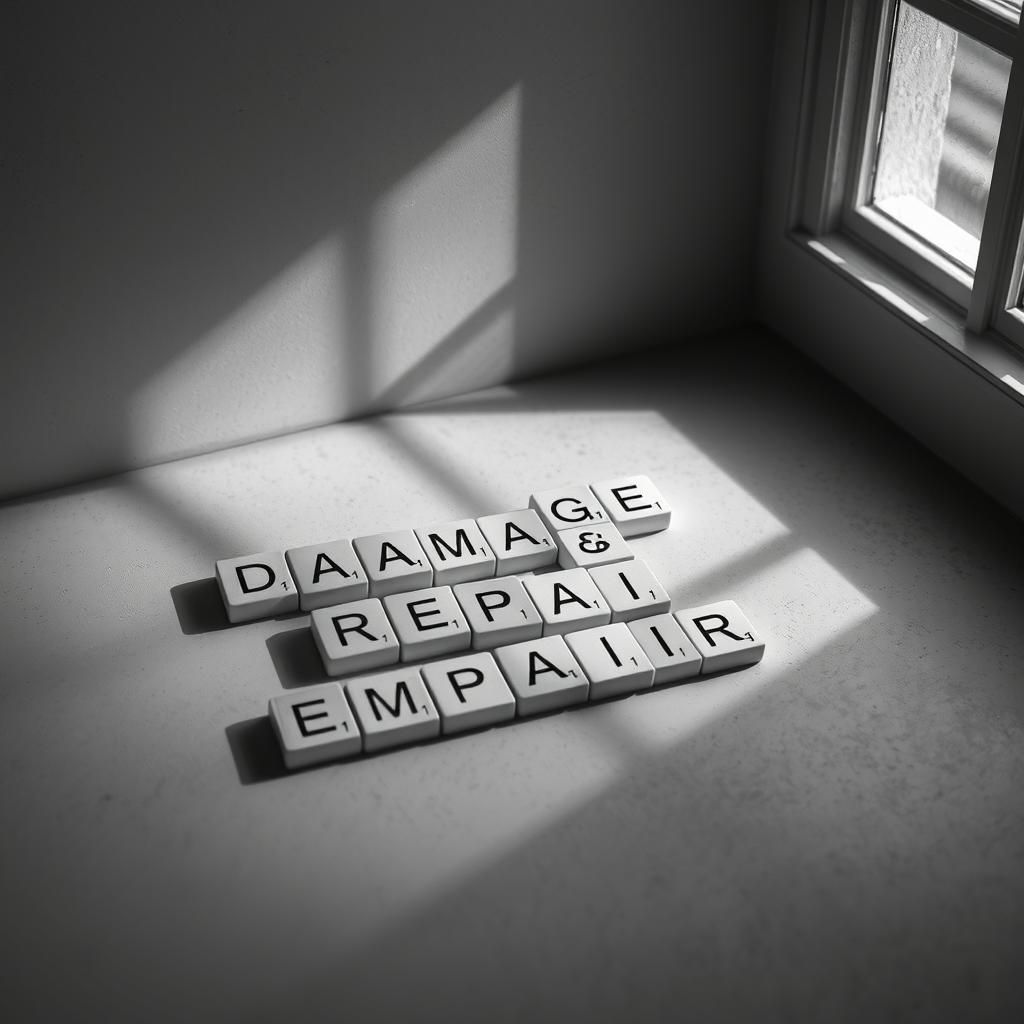
Real-Life Stories and Cognitive Benefits
Crossword puzzles do more than entertain—they quietly nurture the mind, especially when weaving in themes like damage and repair. For individuals recovering from brain injuries, working through clues involving words such as “tear,” “break,” or “mend” gently exercises memory and language pathways. It’s as if each solved clue is a small stitch, helping to reweave neural connections in a restorative rhythm.
These damage-related words often hold tangible, vivid meanings. Engaging with them invites the brain to replay familiar concepts—what it means to break, to shatter, to heal—which can be surprisingly grounding during cognitive therapy. The act of recalling these terms isn’t just vocabulary practice; it’s a subtle dance of mental agility, encouraging the mind to stay flexible and alert.
Even outside recovery contexts, regularly solving damage-themed clues strengthens memory and sharpens language skills. It’s like a mental gym session where synonyms and nuanced understandings become weights gently lifted. Each puzzle offers a space to reflect on subtle variations—how “scratch” differs from “scar,” or why “wreck” feels heavier than “ding.” These reflections foster a nimbleness in thought, a readiness that spills into everyday clarity.
So next time you pause over a crossword clue about “damage,” consider it a moment to flex your mind with intention. Breathe in the quiet challenge, and let the words quietly mend and stretch your cognitive muscles, leaving you a little more resilient and present than before.
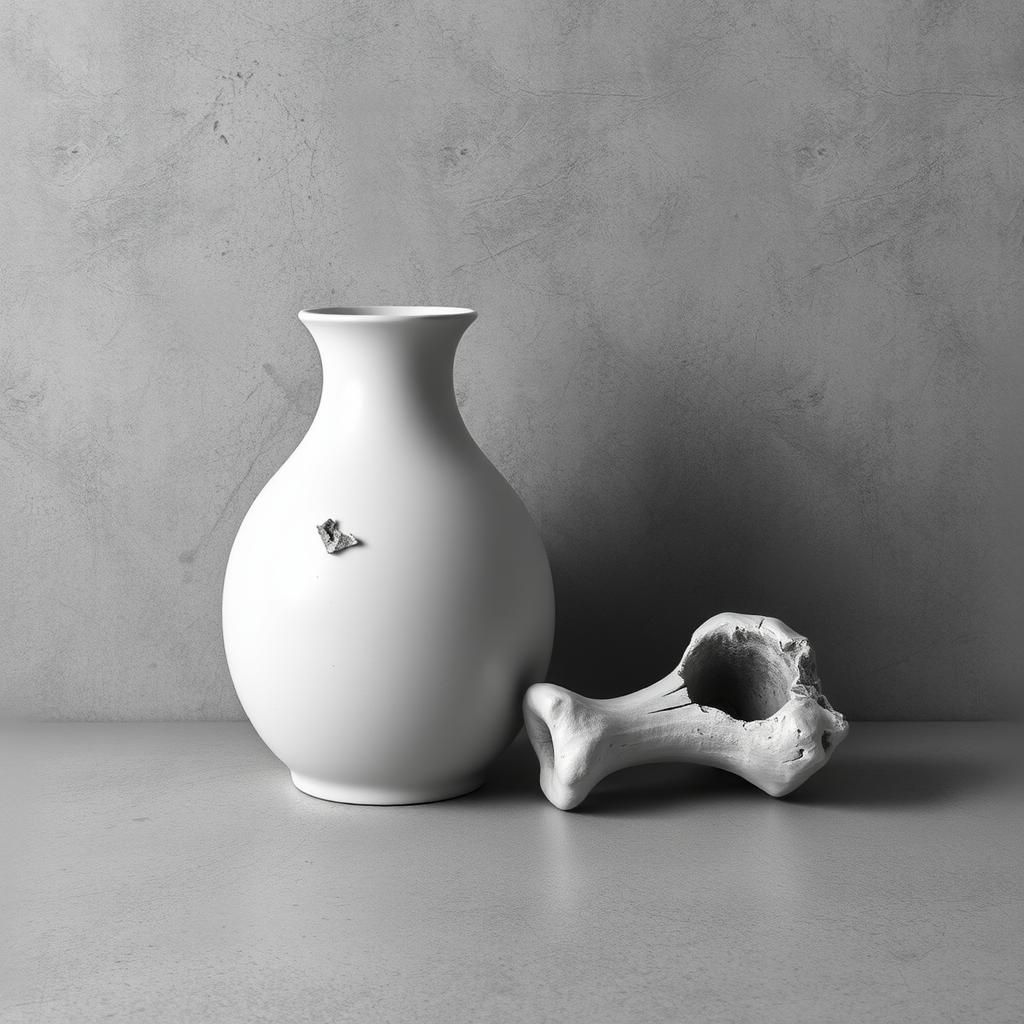
Clarifying Common Myths in Damage Clue Interpretations
When it comes to damage-related crossword clues, not all words wear the same meaning. A common misconception is to treat terms like mar and injure as perfect twins—interchangeable and ready to slot in anywhere. But in the quiet spaces of a crossword, these words carry distinct shades.
Take mar, for example. It whispers of surface-level flaws—a scratch, a blemish, a mark that mars the appearance without deep harm. Injure, on the other hand, suggests a harsher story. It hints at harm beneath the surface, damage that affects function or well-being, be it to a person or an object.
The key to unlocking the right word often lies nestled in the context. Clues around the damage word may point to whether the harm is visible or hidden, mild or severe, brief or lasting. Imagine the difference: a chipped vase is marred, but a cracked bone is injured. Paying attention to such nuance makes the satisfying click of the correct answer all the more rewarding.
Here’s a simple reflection to carry forward: in crosswords, damage vocabulary asks us to listen carefully to the subtle echoes words leave behind. The surface isn’t always the whole story, and neither is the word you choose. Let the clues guide you gently toward the precise shade of damage, and the puzzle will unfold with calm clarity.

Expert Opinions on Thematic Word Choices
Puzzle creators often lean on damage-related words like “break” and “corrode” because they carry more than just surface meaning. These words invite solvers to picture actual wear or decay, adding texture to a puzzle’s theme. For example, “break” suggests a sharp, physical disruption—something snapped or fractured—while “corrode” hints at a slow, chemical wearing away, almost like time quietly gnawing at metal. This contrast enriches the puzzle, offering a layered experience rather than a flat set of synonyms.
Creators appreciate how physical damage words feel immediate and visible, while chemical or abstract damage terms explore subtler, maybe even emotional, forms of decline. It’s like painting with both bold and muted strokes to keep the solver’s mind active and guessing.
To up the challenge, constructors often reach for nuanced synonyms that don’t just mean “damage” but imply different intensities or kinds of harm. Think of “mar” versus “scratch” or “shatter” versus “crack” — each adds a distinct flavor. These choices are often guided by thesauruses, but more importantly, by a creator’s sense of rhythm and flow in the puzzle.
In short, expert puzzle makers use damage vocabulary not just to fill spaces, but to invite a closer look. They aim to engage solvers with words that resonate physically and metaphorically, turning a simple crossword into a quiet dialogue about breaking, wearing, and mending. A subtle dance between challenge and clarity, where each clue whispers a story just beneath the surface.
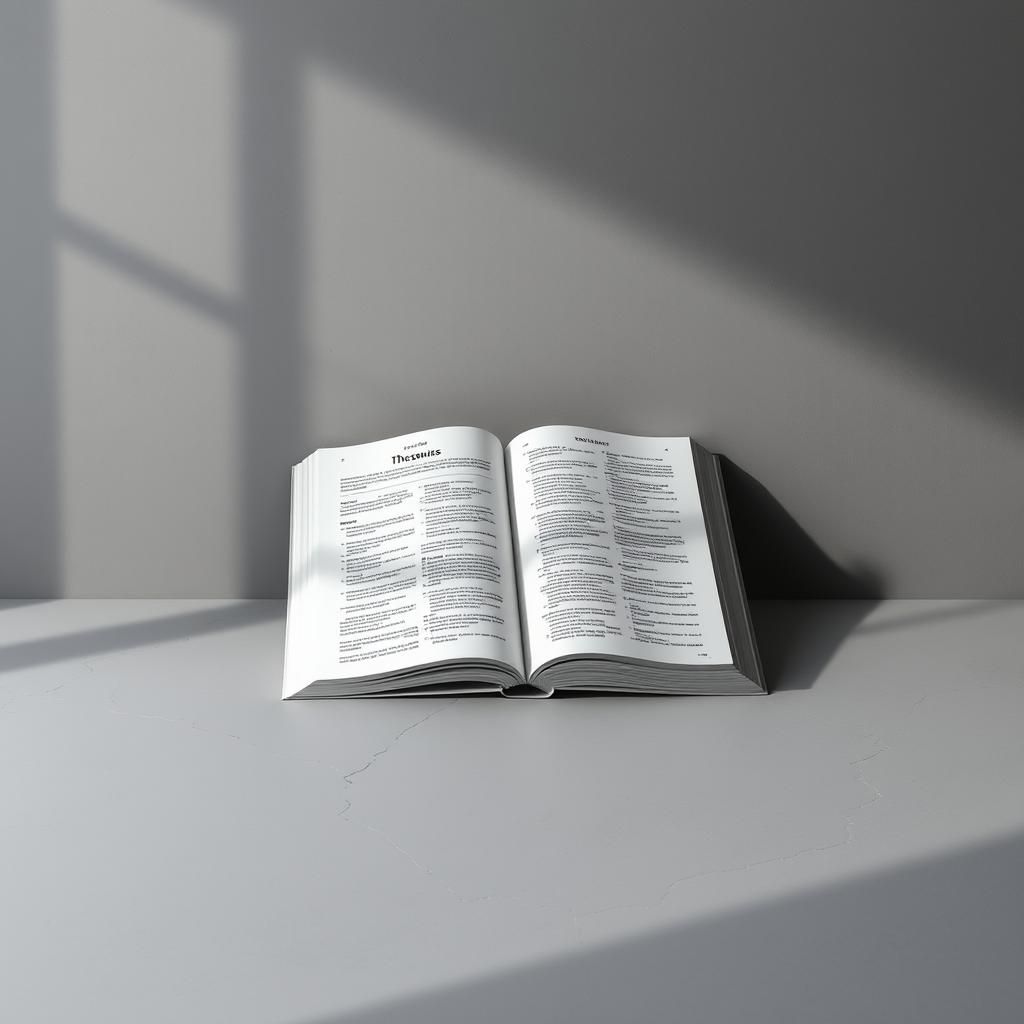
Practical Tips for Solving Damage Crossword Clues
When you come across a damage-related clue, pause for a moment and ask yourself: what kind of damage is this? Is it something physical like a crack or break? Or perhaps something less visible — an emotional wound or a verbal slight? This small reflection can gently steer you toward the right word.
Look closely at the words around the clue. They’re like quiet signposts guiding you through a forest. Sometimes a nearby phrase hints at “breaking” in a literal sense, while another might suggest a softer, more metaphorical harm. Paying attention to these subtle context clues softens the path to the answer.
For those just beginning their crossword journey, the thesaurus can be a trusted companion. Think of it as a garden where words bloom in many shades — “shatter,” “mar,” “damaged,” “bruise” each carries its own nuance. Exploring these synonyms broadens your intuition for what fits best.
Experienced solvers might rely on patterns they’ve seen before, noticing how certain damage terms tend to cluster in themes or repeat in puzzle series. This quiet familiarity helps speed up recognition, like hearing an old friend’s voice in a crowded room.
If you’d like to grow your confidence in this area, there are gentle ways to practice. Joining crossword communities online offers a welcoming space to share tricky clues and learn new strategies. Meanwhile, dipping into curated lists of damage-related vocabulary, paired with example clues, feels like a calm walk through a thematic lexicon — building knowledge without pressure.
At the heart of it all, solving these damage clues is less about speed and more about presence. Imagine yourself piecing together fragments of meaning, inviting clarity with each word. Slowly, you’re not just cracking a puzzle — you’re tuning into a quiet rhythm of language and thought. 🕊️
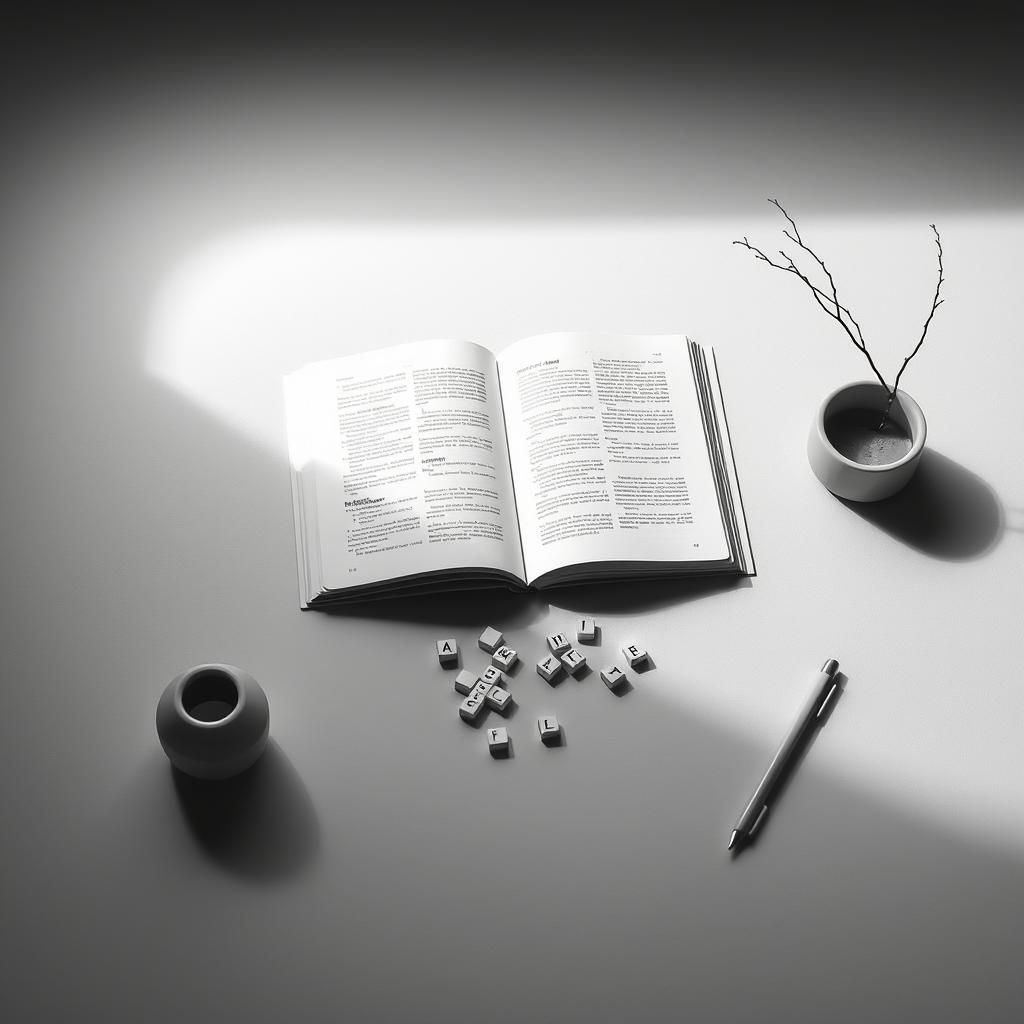
As we gently close this exploration into the world of damage crossword clues, it helps to pause and reflect on the journey we’ve shared. The words like “tear,” “break,” and “corrode” are more than just puzzle entries—they’re gateways to richer vocabulary and sharper minds. Embracing a variety of damage-related terms opens a quiet door to deeper themes and subtle challenges, making each solving experience not just a test but a kind of meditation.
Beyond the fun of cracking clues, these puzzles gently stretch our memory and language muscles, offering a little calm workout for the brain. They remind us that learning can be a soothing, steady rhythm—not a race. So next time you encounter a damage-themed crossword, consider it an invitation: to linger in the nuances of words, to explore the layers of meaning, and to savor the quiet satisfaction of discovery.
May these insights guide your future puzzles, turning each clue into a soft ripple of curiosity—and may your moments of solving hold a peaceful kind of joy that lingers long after the page is closed. 🕊️
Share to...
I hope you enjoy the content.
Want to receive our daily crossword puzzle or article? Subscribe!
You may also be interested in
Share to…
Want to receive our daily crossword puzzle?
-
Jigsaw Puzzles
Art Nouveau Puzzle – White Rabbit in a Whimsical Garden 250 | 300 | 500 Pieces
kr 348,00 – kr 439,00Price range: kr 348,00 through kr 439,00 Select options This product has multiple variants. The options may be chosen on the product page -
Jigsaw Puzzles
Enchanting Unicorn Watercolor Jigsaw Puzzle 250 | 300 | 500 Brikker
kr 348,00 – kr 439,00Price range: kr 348,00 through kr 439,00 Select options This product has multiple variants. The options may be chosen on the product page -
Jigsaw Puzzles
Zodiac Ink Dog Puzzle: Artful Elegance 250 | 300 | 500 Pieces
kr 348,00 – kr 439,00Price range: kr 348,00 through kr 439,00 Select options This product has multiple variants. The options may be chosen on the product page
